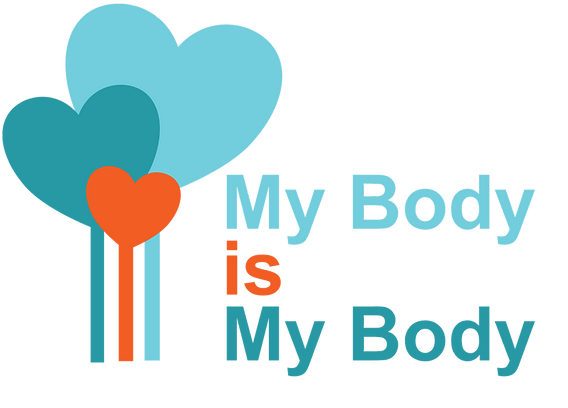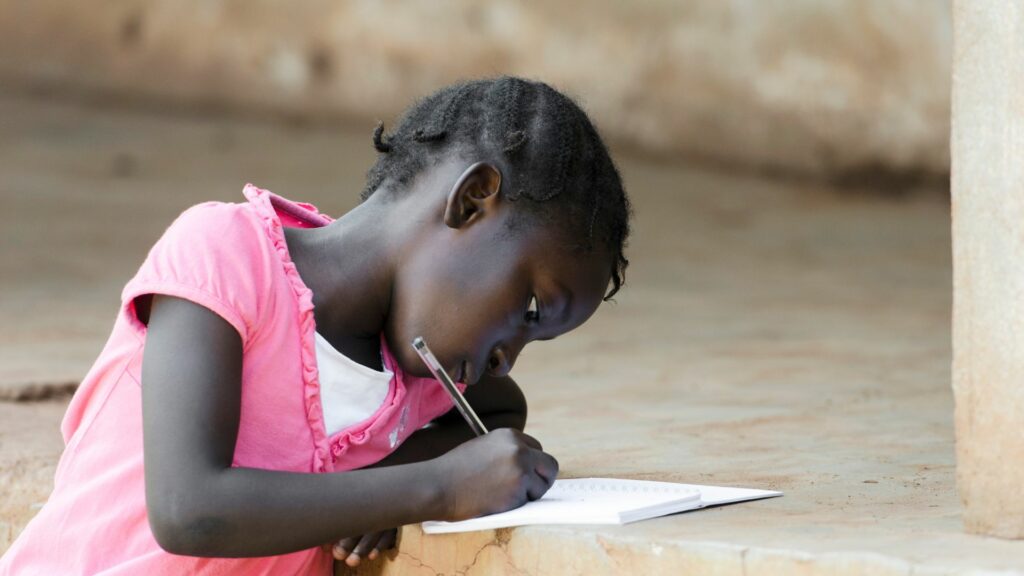MBIMB Programme Introduction for Rotary International ICC’s
Welcome Rotarians, I would like to introduce you to the My Body Is My Body Programme.
In a landmark moment for child safety and empowerment, Rotary International’s Intercountry Committees have come together in a historic partnership with the My Body Is My Body Foundation solidified by the signing of a Memorandum of Understanding (MOU) in London on the 9th February 2024. The MOU was signed by Rotary International President Gordon McInally, PDG Mohamed Ghammam RI ICC Executive Council, Chairman 2022-2024, PDG Annemarie Mostert Global Ambassador For MBIMB, Ambassador IEP, RI Ambassador Girls Empowerment RI ICC Executive Council For Africa Expansion Region 28.
Introducing the MBIMB Programme Into Your Community
Welcome to the MBIMB Programme Introduction for Rotary International ICC
The beauty of the My Body Is My Body Programme is it’s simplicity and the fact that it can be taught by many different types of professionals and community leaders.
• Social workers
• Teachers
• Daycare providers
• Parents
• After-school programme providers
• Sports club organisers
• Community Volunteers
In fact anyone that works with children or communities.
It is memorable, and it opens the channels of communication about the subject of abuse, which is of the utmost importance.
Our programme is available in 27 Languages and has been presented to well over 2 million children in over 60 countries worldwide, with great success. Click here to see a full list of our languages
Our Free Courses – MBIMB Programme Introduction for Rotary International ICC’s
Here is a short video about two of our Free Courses that we suggest taking to understand our programme and why it is of great importance that we share this within our communities.
COURSE 1
1: Introduction To Child Maltreatment Course (please register on our website to access this Free Course)
This course covers:
Why we need to teach about maltreatment
Worldwide facts about maltreatment
How child maltreatment affects a community’s quality of life and economic prosperity
Different types and signs of maltreatment
How to react if a child discloses abuse
Basics on how to report child abuse
This course should take you 40 Minutes to complete.
Course 2 My Body is My Body Programme
How To Present The My Body Is My Body Programme (please register on our website to access this Free Course
Here’s a glimpse of what you’ll discover through our six transformative songs
“My Body Is My Body”
Objective: Empower children with the understanding that their bodies are their own, emphasizing their right to not be hurt or touched inappropriately.
“If It Don’t Feel Right – Don’t Do it”
Objective: Encourage children to trust their instincts. Discuss peer pressure and bullying, fostering a sense of body empowerment.
“The What if Game”
Objective: Equip children with the confidence to assertively say NO in challenging situations.
“If You’ve Got A Problem”
Objective: Strengthen the importance of speaking up about problems and identifying safe adults for support. Emphasize the importance of persistence in seeking help.
“Love Is Gentle”
Objective: Teach children that true love is about gentleness, kindness, caring, sharing, and trust.
“Say ‘NO’ To Secrets”
Objective: Instruct children on the importance of not keeping secrets, especially those that make them uncomfortable.
This course is designed to be completed in a concise 40 minutes, ensuring a thorough yet efficient learning experience.
We also have 3 other courses available
Digital Discoverers:
A project to empower children on Internet safety (Click Here to access)
Safeguarding Fundamentals:
Written by Safeguarding Expert Antonia Noble (Click Here to access)
Essential Skills For New Mothers (Click Here to access)
You can download our workbooks in several languages – available in our Resources Section.
You can download this document from the menu above.
Steps to introduce the MBIMB Programme into your communities
Get Trained:
Enroll in our free courses to understand the content and methods of teaching.
Plan Your Sessions:
Depending on your audience, whether children,
parents, or community leaders, tailor your sessions to address their needs
and concerns.
Use Our Resources:
Make the most of our free resources available in 27 languages.
Distribute them to participants for better engagement.
Engage with Activities:
Children learn best when they’re engaged. Use
activities, sing along to the songs, and encourage open conversations.
Host Community Awareness Sessions:
- Local Venues: Use community centres, libraries, and schools to host informational sessions. This brings awareness to locals about the importance of the programme.
- Interactive Workshops: Organise workshops where community
members can actively participate, ask questions, and engage in discussions.
Partner with Local Schools:
School Presentations: Offer to give presentations during school assemblies or parent-teacher meetings.
- Incorporate in Curriculum: Collaborate with school boards to see if the programme can be introduced as a part of the school curriculum, even if it’s for a short duration.
Rotary Club Engagement
Host Special Presentations and Information Sessions: Encourage your Clubs to organise special presentations or information sessions during their regular meetings. Here you could provide an overview, share success stories, and explain the impact and importance of the programme in preventing child abuse.
Collaborate on Community Groups that deal with Children
Introduce the MBIMB Programme to community groups – share our website and resources.
Suggest working together on an awareness campaign.
Charity Concerts: Given that our programme is musically oriented, hosting charity concerts can be a great hit. It not only raises funds but also spreads the word and the children love being involved. This is a wonderful way to get your community involved, by giving prizes and participating in the concert.
Local Business Collaborations: Partner with local businesses for fundraisers where a portion of their sales on specific days goes to support the printing of programme materials that can be shared with schools and organisations in your community.
Use Local Media:
- Radio & TV Spots: Approach local radio stations and TV channels for short
informational spots or interviews about the programme. - Newspaper Features: Write articles or press releases for local newspapers
highlighting success stories and the programme’s impact.
Digital Engagement:
- Social Media Campaigns: Run campaigns on platforms like Facebook, Instagram, and Twitter. Share stories, testimonials, and videos to engage the online community. (We have many images for campaigns available to download).
- Webinars: Organise online webinars, making it accessible for people who can’t attend in-person sessions.






The late Dr NELSON MANDELA once said: “Any Society Which Does Not Care for its Children is No Nation at All”
These are some of the words of wisdom that propell me to join MBIMB program
Thank you Phuti for your positive comments, I totally agree with you and thank you for joining our programme.